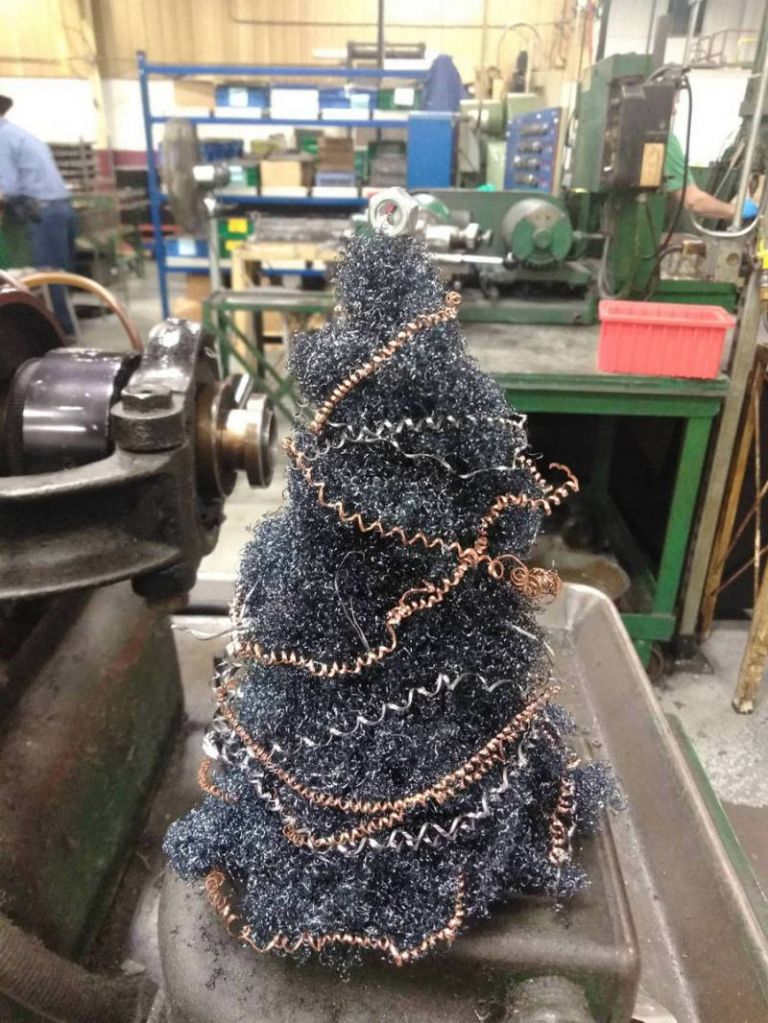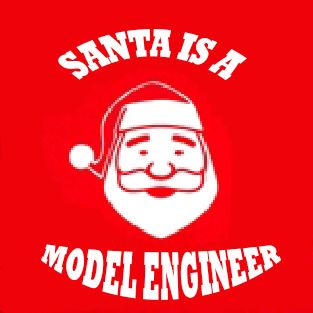The root of the word Engineer is the latin Ingenium, which means cleverness.There is a huge amount of pomposity in this thread, and I want to deflate some of it. On the engineer/technician debate, if either group were suddenly removed from society, those that the "engineers" sneer at as "mere technicians" would be by far the first to be missed. They are people who keep the fabric of society well maintained and running smoothly. As to the claim that the core of engineering is the maths, there is some truth to this, but the math used to be be done with a calculator (remember slide rules, I do!) and a book of formulas, or today a computer running software that literally does it all for you. That this approach has gained ubiquity is witnessed by some of the piss poor "down to a price" engineering that the technicians are supposed to keep running. Was Trevithick a great mathmatician? No, but he was a great blacksmith, and if you look back at the industrial revolution, all of the great inventions and leaps forward were made by apprentice trained artisans, not university trained "engineers" Indeed some of the early textile machines were designed and built by clergymen, using the local blacksmiths to do the engineering.. It is easy to become a member of many organisations with well respected acronyms, but the truth is, to be a member, it is only neccasary to be losely connected to a field, and also to give them a fee, in short, a member is someone who asked to join an organisation, and paid to do so, whilst a "fellow" is someone who the organisation asked to join and doesnt pay for the privelidge. Bazalgette was given a problem to solve, and the solution did not come from mathematics, it came from cleverness, he needed a way to intercept thousands of drains, and several rivers, which ran under London and drained into the thames, and his solution was to build the embankments, each with an interceptor sewer underneath it, and pumping stations to eject the "stink" further downstream. The mathmaticians on that job (or computers, as they were called)would have been many hundreds, and employed like clerks to work out the strengths and capacities of the underlying structure required to fulfill this task. The genius was in finding and implementing the solution, not doing the maths! All sorts of different people are clever in all sorts of different ways, and together we make society work, and keep it working. In my Electrical Engineering field, I was trained at technical college, not university, struggled with the maths untill I realised it was "cookbook maths", and went on to qualify. I worked with many university trained engineers who came to us generally in batches of five, two were gone in the first six mpnths, and at the end of two years, which is the generally accepted time to get university graduates up to speed (of use to their employer) only one or two remained and they were the ones who were intelligent enough to ask someone a question when they didnt know something. Todays students see engineering at Uni as "too difficult"
I like to be surrounded by clever people, it makes for an interesting and creative life, unfortunately I have met too many "engineers" who were only good at taking the credit for the work of others in a department that they were supposed to be leading! So don't tell me what your qualifications are, show me what you can do, and I will start to respect your abilities, and remember "Every day is a school day"!
 Bazyle.
Bazyle.




 .
.


